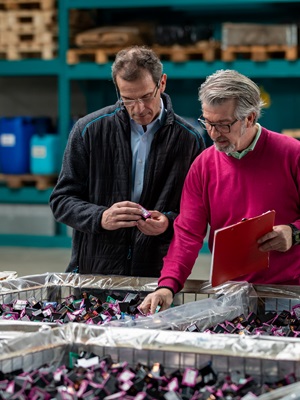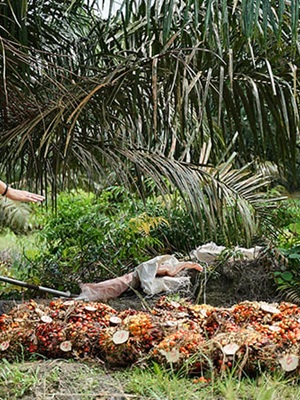I was born in Bokod, a place where even the coldest winds carry stories.
In our town, the earth is stubborn. It gives way slowly to the plow, but when it does, it offers up carrots, cabbages, and potatoes that taste like sunlight and patience. We grow food in defiance of the cold, with hands chapped by wind and calloused by work. Here, even the soil remembers how to feed.
But lately, it seems, the land has begun to forget.
The rivers no longer sing as loudly. The forests crackle with dryness long before summer arrives. And in the distance, the smoke from burning trash curls into the sky like a question we refuse to answer.
In Baguio, just down the mountain, the problem is not what to grow, but what to throw away. The city has run out of landfill space. For years, its waste was dumped at the Asin site, but now, overloaded and overgrown, it can take no more. So instead, the garbage flows like a slow-moving river into Benguet towns like ours.
And we are left holding the weight of someone else’s neglect.
Everywhere, plastic clings to hedges like ghostly laundry. Discarded electronics pile up beside roadsides. Used syringes turn up in irrigation ditches. When there is nowhere to bring the waste, people burn it, unaware or unwilling to see how the smoke clings to lungs, how the toxins seep into soil, how the future grows thinner with every flame.
It is easy to forget that fire is never just a tool. It is also a thief.
Every year, forest fires sweep across the hills, some sparked by cigarette butts, others by farmers clearing land the only way they know how. The flames do not distinguish between weed and tree, between sacred grove and fallow field. They leave behind silence and ash. And after the fire comes the rain, and then the landslides.
In 2018, Typhoon Ompong struck hard.
A mountain in Itogon gave way.
Homes were swallowed. Lives were lost. In the aftermath, grief carved deep lines into faces already worn by hardship. Officials said the landslide was not caused directly by mining, but they did not deny that decades of excavation had weakened the bones of the mountain.
We have always known: the land remembers everything.
Even now, in Benguet province, the scars remain. You can see them in the gullies carved by runoff, in the cracked terraces where water once pooled like glass. You can hear them in the quiet complaints of people, not just elders, who say the seasons no longer come as they used to.
Industrialization promised us progress. But what good is a road if the river beside it runs brown? What good is growth if the soil beneath it cannot hold?
Mining, too, has been part of this slow unraveling. Though it brings jobs and money to some, it leaves poisoned trails behind. In many parts of Benguet, the land trembles under heavy machines. Rivers run cloudy with silt. Forests vanish quietly, one permit at a time. And still, the promise of gold blinds us to the cost.
Even garbage, when mismanaged, becomes a form of violence against the land, against children who play near dumpsites, against the very waters we depend on.
Still, we endure.
In some municipalities, farmers walk miles to carry sacks of trash from home to their farms, repurposing plastic into makeshift planters. Others return to organic compost, remembering the old ways. Some leaders stood before the council and said, “If we do not protect the watersheds today, our children will inherit thirst.”
There is hope here, not loud, not flashy, but growing like moss in the cracks of broken things.
Maybe the water will return if we stop chasing it and start calling it back.
Maybe the forest will heal if we learn to listen.
Maybe, just maybe, the mountain will forgive us if we begin to remember.
Because we are not helpless. We are simply disconnected from the old ways, from each other, from the knowledge that even the smallest action ripples outward.
And in Bokod, we still believe in roots.
Posted 04/09/2025

















